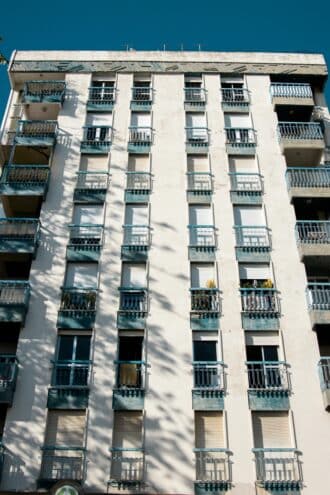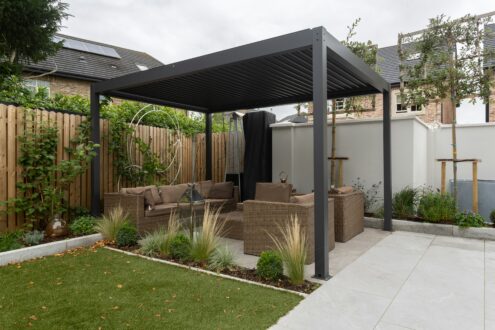It’s quite interesting to think about how holidays have changed over the years, this great guest post gives a brief overview of how our holiday habits have changed recently.
Since the early 20th Century, the family holiday has adapted and changed to suit the needs and lifestyles of the people of the time. Before then, vacationing was a luxury limited to the very wealthy who had the money to spend on trips to foreign places and had no work commitments.
Since the Victorian period, holidays have been something the masses have enjoyed, with locations in the UK such as Blackpool and Southend providing sea, sand and entertainment along their famous boardwalks.
Then Butlins came along in 1936, in Skegness, and shook up the family holiday concept. This holiday destination was created to tackle the issue of British weather in the summer, which is of course notoriously unpredictable, and was a place where thousands of families flocked to each year to take advantage of entertainment the resort had to offer. Butlins has since become a household name and synonymous with the concept of budget holidays.
As time moved on, our love for Butlins holidays shifted towards traditional Spanish all inclusive packages, taking us away for two weeks to do nothing but sit by a pool all day, tan and eat all the ice cream and drink all the sangria on offer. Kids holidays were hugely popular, as holiday providers began to tailor their services for the family who had not been abroad often.
Families would send postcards back to loved ones at home, allowing the little ones to write messages to their grandparents or best friends that were then posted and not received until three weeks after returning from the destination.
Travellers cheques were the main form of currency and evening entertainment was a necessary evil, as parents endured flamenco dancers, parrot shows and tribute acts until the kids fell asleep at the table and had to be carried to bed by a tipsy Dad singing Wonderwall to everyone in the hotel.
With the Internet, these package holidays started to dwindle out as parents wanted to find better deals, although when it comes to value and sticking to a budget many families still opt for this sort of holiday. No more popping into the travel agents to paw through the glossy brochures, in 2016 families are tailoring their holidays to their exact requirements.
As families, we’re much more adventurous. Some of us now skip the hotel altogether, opting instead for accommodation such as Airbnb, which allows you to live like a local during your time away, exploring a new city as a family and sampling all the local cuisine. Families also more likely to take on activities that involve plenty of exercise, such as hiking and watersports.
Our postcards home have been replaced by regular Facebook updates using the hotel’s free Wi-Fi, and our trips away are shorter – usually lasting around a week and then we perhaps escape for a few long weekends throughout the year. Families are still affected by prices in the summer holidays, but this approach to holidaying saves a little money.
Staycations are also a popular choice, as we explore closer to home and act as tourists in our own country, heading to Edinburgh for a long weekend or driving to Cornwall for a week by the sea. The family holiday has shifted and changed to meet our 21st Century requirements and is sure to adapt further as time goes on, but for now it’s still about getting away from it all as one unit and spending some time bonding – and perhaps still putting on a few pounds from all that ice cream.










Leave a Reply